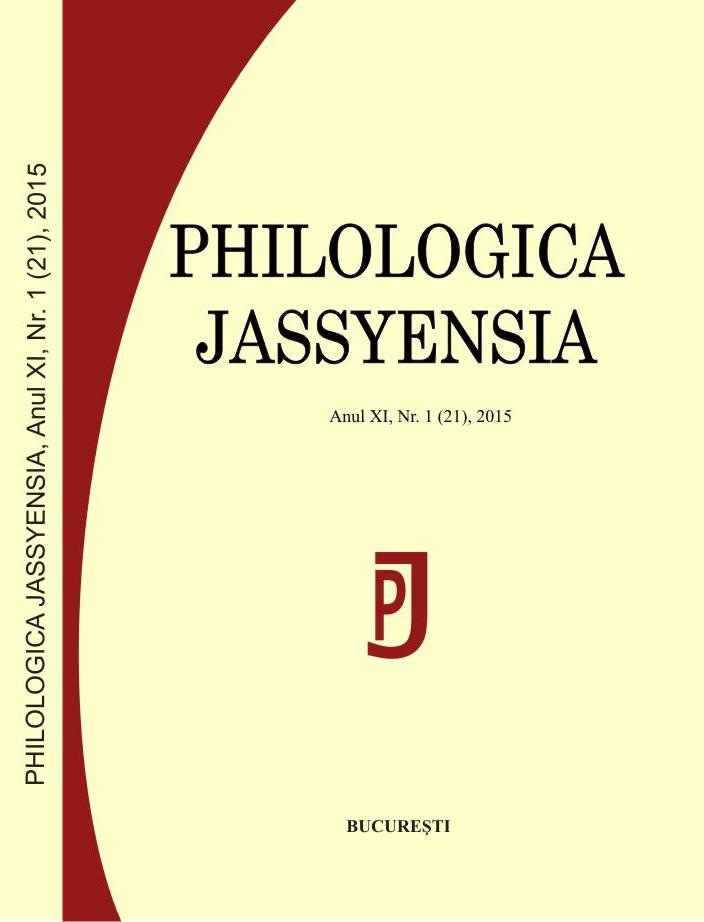Utopismul gândirii politice eminesciene?
Is Eminescu’s Political Thinking Utopian?
Author(s): Adrian JicuSubject(s): Language and Literature Studies
Published by: Editura Tracus Arte
Keywords: utopia; journalism; political thinking; national identity; anti-moderns
Summary/Abstract: Symbol of national identity, Mihai Eminescu is, for sure, one of the most important writers and thinkers in Romanian literature. His biography has been the subject of endless fights, while his ideas have generated a large number of different opinions concerning his political, economic or cultural choices. For all these reasons it is almost impossible today to deal with his work in an objective manner. I have tried myself to construe his journalism by placing it into the very context that generated it, but, as expected, my intention was not well understood. Recently, in an article dedicated to Eminescu’s contributions to the philosophy of law, Stefan Munteanu rejected the possibility of any utopia in Eminescu’s thinking, denying the evidence and refusing to understand that the term can be interpreted in a double manner: as discourse and, at the same time, as political action.That is why this paper aims at (re)discussing this controversial topic, having as a starting point this distinction between discourse and political action. Such an approach turns out useful since it proves that Eminescu was aware of what utopia means. He is, in fact, an anti-modernist and not a utopian thinker. His economic or cultural ideas prove his outstanding thinking which could not be accepted as political solutions since Romania chose a different way, the French revolutionary system and not the German one. That is why, my conclusion goes like that: Eminescu’s thinking is rather anti-modernist in theory, but utopian in practice. However it is extremely important because it worked as a possible option for a young state as Romania in search of discourses to legitimate its identity in Europe. In other words, we may accept that Eminescu’s thinking is a necessary utopia that forged our national identity.
Journal: Philologica Jassyensia
- Issue Year: XI/2015
- Issue No: 1 (21)
- Page Range: 75-83
- Page Count: 9
- Language: Romanian

